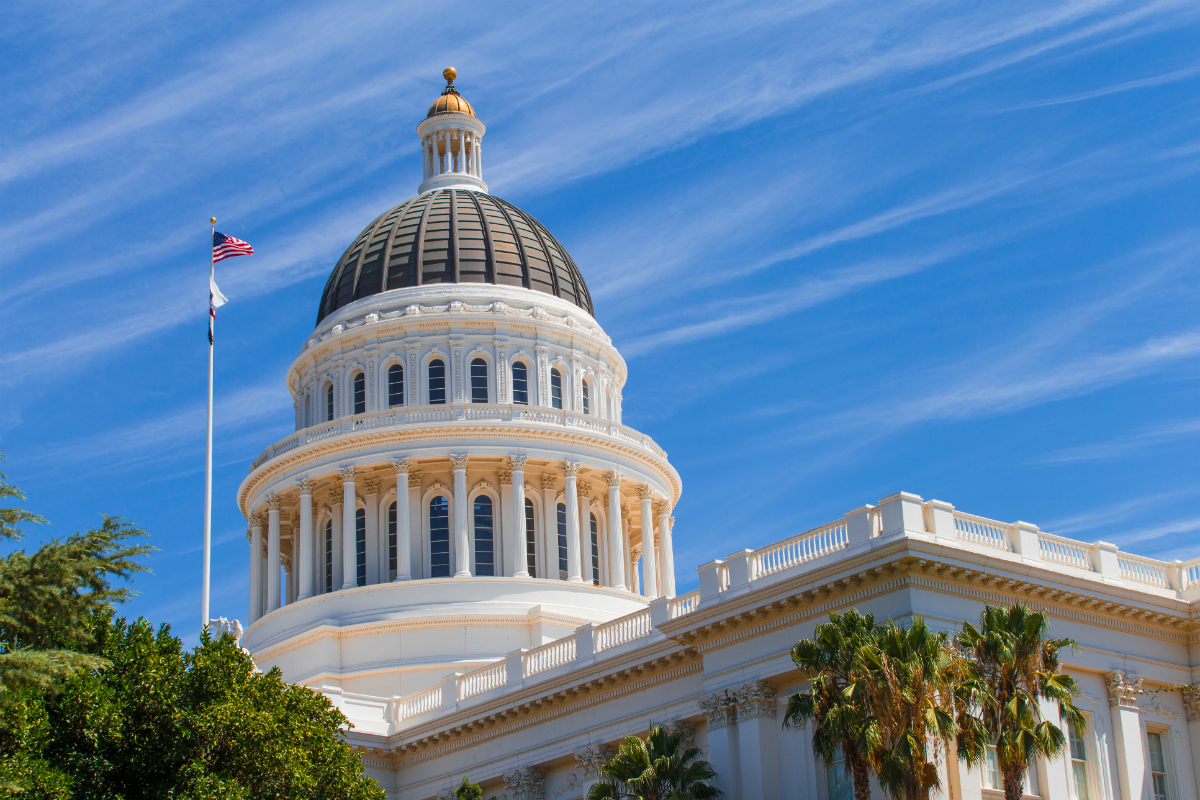In a victory for CSBA and other education advocacy organizations, the State Senate released its “Protect Our Progress” budget framework, which outlines a bold plan that rejects education funding cuts and delays proposed by Gov. Gavin Newsom’s January budget. The budget framework would add $3 billion to Proposition 98 while reversing proposed cuts to the Arts, Music, & Instructional Materials (AMIM) Discretionary Block Grant and cover new investments with a combination of a new budget resiliency tool, new fund, and state-level rollback of corporate tax cuts undertaken during the Trump presidency that will require the approval of a two-thirds majority in the Legislature.
As revenues continue to come in below expectations, this announcement provides insight into what the Senate will prioritize in negotiations with the Assembly and the Governor and reflects the impacts of CSBA’s ongoing advocacy to ensure the final budget protects the valuable gains made in education over the last several years.
CSBA advocacy pays off
The Senate’s plan is a win for CSBA’s budget advocacy, which has prioritized the rejection of the Governor’s proposal to cut the AMIM Discretionary Block Grant and urged the Legislature to focus on the successful implementation of all the large programs undertaken in recent years, rather than creating new programs. CSBA Governmental Relations staff continue to work with stakeholders in both houses of the Legislature as well as the Newsom Administration, supported by CSBA members’ advocacy. From participating in Legislative Action Week to testifying in policy committees and reaching out to influential legislators, this win shows that local governance leaders are playing a pivotal role in ensuring the final budget defends the historic gains schools have made in recent years.
The Senate would reject the Governor’s proposed $1.2 billion Proposition 98 General Fund reduction to the AMIM Grant and proposes instead to augment it by $232 million. Other changes to the Governor’s proposal include:
- A rejection of General Fund cuts to the School Facility Program and delays to the Preschool, Transitional Kindergarten, and Full Day Kindergarten Facility Grant Program
- Funding the current year shortfall of $99 million Proposition 98 General Fund in the universal school meals reimbursement program
The Senate plan also approves the increases to the Local Control Funding Formula made in the 2022–23 state budget and most importantly the 8.13 percent cost-of-living-adjustment (COLA) for LCFF and affected categorical programs proposed by the Governor in January.
Offsetting proposed cuts, funding new investments
The Senate is proposing a bold set of changes to offset cuts and fund new investments despite the gloomy economic outlook. Among them is a modernization of the use of Net Operating Losses (NOLs) in tax law, where businesses have been allowed to deduct net losses from prior years to offset gains in profitable years to lower their tax burden in those years — a deduction that has been suspended during past economic downturns. Known as the NOL Deferral Program, the Senate’s proposal would make the program more user friendly by extending the allowable use of tax benefits under the program over a four-year period rather than in the year of the net loss. The Senate estimates that the new NOL Deferral Program, along with suspension of other associated credits, will provide roughly $5 billion in budget resiliency each year of the budget forecast period, including $2 billion for schools and community colleges.
To provide funding for the cuts rejected by the Senate, the plan would also create a new $10 billion Housing and Infrastructure Fund (HIF) to fund one-time programs and projects approved in last year’s budget that the Governor has proposed either cutting or delaying. The HIF would cover:
- $650 million for school infrastructure projects, including $100 million for the Preschool, Transitional Kindergarten, and Full Day Kindergarten Facility Grant Program
- $159 million for school buses and infrastructure
According to the Senate, revenue for the HIF will be borrowed from the “historic cash balances that have accumulated during the decade of responsible budgeting” that would otherwise be invested in low-yield investments and will be repaid to the cash accounts “at the same rate of return that otherwise would have been earned.”
The Senate also proposes $3.1 billion (approximately $2.8 billion ongoing) to combat “budget challenges and risks to programs,” including $1.3 billion in Proposition 98 funds. This new funding, of which $1 billion would be ongoing, is intended to help schools and community colleges “meet critical needs.” The additional revenue would come from what the Senate is terming a “partial reversal of Trump tax cuts for big corporations,” which would be enacted at the state level by creating a new upper tax bracket of 10.99 percent (increased from the current 8.4 percent) for C Corporations with taxable corporate income over $1.5 million. The Senate proposal notes that “these funds, along with $2 billion identified elsewhere in this plan, provide more than $3 billion in additional annual funding above the Governor’s proposed budget.”
Targeted new education investments proposed
To address staffing shortages, the Senate is proposing two large investments in the Proposition 98 General Fund:
- $1.1 billion in one-time Proposition 98 General Fund for a noncompetitive block grant to address local certificated and classified staff recruitment needs
- An additional $1.1 billion in ongoing Proposition 98 General Fund to be added to LCFF, in addition to the 2022–23 budget increases and COLA, for local discretionary purposes. These purposes include, but are not limited to, staff retention or supporting students whose learning may have been disrupted by the pandemic.
The Senate plan would also boost the Kitchen Infrastructure and Training Funds by $100 million Proposition 98 General Fund and increase funding for the Teacher Residency Grant Program by $150 million Proposition 98 General Fund to increase stipends for residency participants.
What’s next?
The Senate’s plan is an ambitious start to the coming budget negotiations. The deadline for Gov. Newsom to release his May Budget Revise is May 15, which will kick off a new round of negotiations between his administration and leadership in the Senate and Assembly. As the budget cycle continues, CSBA will continue to provide updates and opportunities for advocacy.
CSBA is also co-sponsoring a series of Budget Perspectives Workshops in partnership with Capitol Advisors in counties across the state from May 22-June 1. Click here for more information and to register.





